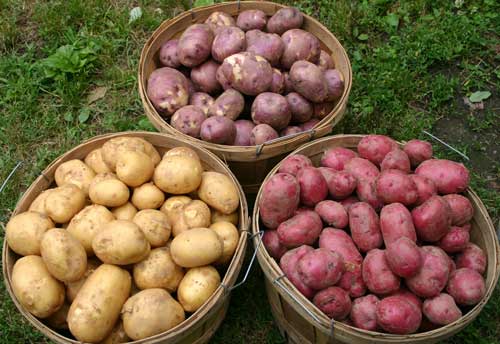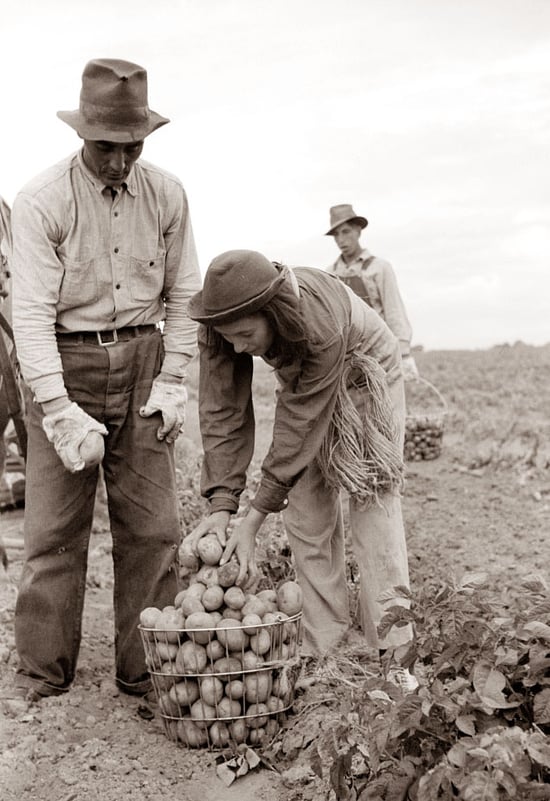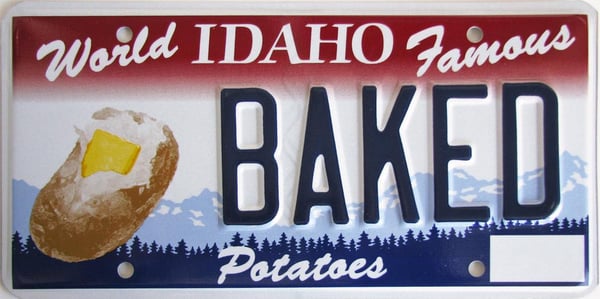 "It's really tempting to spend time trying to get paid for what you love. It's probably easier and certainly more direct to talk to yourself about loving what you do", Seth Godin.
"It's really tempting to spend time trying to get paid for what you love. It's probably easier and certainly more direct to talk to yourself about loving what you do", Seth Godin.
A friend’s son graduated from high school nearly 2 years ago.
In that time, the boy has worked a total of 7 ½ weeks. When asked, the son carefully explains to his annoyed/annoying parents that he wants to find a job he ‘loves.’ Something that is less boring and more fulfilling than working in a retail store or flipping burgers.
At the opposite end of the spectrum is a 30-something acquaintance who was laid off at about the same time. Her unemployment long since run out, she refuses to even apply for jobs she feels are “beneath her.”
My unsympathetic, knee-jerk reaction for both of them is: “Get over it! Find a job! Any job! Learn to do it well, even when things are difficult. Learn to overcome boredom by finding what more can be done. Keep looking for the ‘perfect’ job, but keep working while you look.”

It is not all their fault. Few workers today have the beneficial work experiences that “seasoned veterans” like me have had.
I was born and raised in southeast Idaho—home of World Famous Potatoes. Everything I learned about work, I learned during potato harvest. Potato harvest in those long ago days was a 2-4 week process involving the entire community. Everyone who did not have a full time job, and some who did, worked in the spuds.
All schools were dismissed for two full weeks. Teachers worked in the harvest. So did stay-at-home mothers. So did school children. All of us were glad for the work and the extra money. My first paychecks from potato harvest came from tending my little brother while my mother worked the harvest. (Those of you with siblings you’ve babysat understand the inherent pitfalls in such a job.)
When I was a little older, I started picking potatoes by hand. Working with a partner, we picked potatoes into wire baskets that held approximately 50 lbs.
We would then each dump our baskets into a burlap sack. Starting out I was about 4’11” and weighed 80 lbs., so it was definitely strenuous work.
We were paid 7¢ a 100 lb. bag, which equates to 3½¢ per person, per bag. Sometimes we’d earn as much as $3.50 a day! Each!
Next, I worked on metal combines in neighbors' fields. Finally, I worked in the desert on huge bulkers for 10-12 hours a day, part of the time in the dark under the bulker lights, making nearly $1.50 an hour. All of the work was dirty, exhausting, monotonous, and seemingly endless. But, I learned some solid concepts about jobs and life, which is what I should pass on to my friends.
1. Be willing to try anything.
The old adage, “It’s easier to find a job when you have one,” is true. Working increases job-related contacts. It also gives you a history, experience, and, hopefully, good references.
A good recommendation from a former supervisor is invaluable when job-seeking. Employers know the most valuable “soft” skills—getting along with others, dependability, problem-solving and communication—come with the person to a new job.
A recent applicant chosen for a secretarial position had been working at a combination gas station/convenience store. Some people may have been embarrassed by that job, but she used it to her advantage.
By drawing parallels between helping customers in the store and our office, and by verifying how dependable and valuable she had been in that position, she enhanced her resume’ skills.
2. Learn as much as possible at every job.
Working can reveal talents and build skills previously unknown. Like other life lessons, personal growth often happens in the midst of difficult circumstances.
In an excellent article, “What Workers Learned from Their Best and Worst Jobs,” various workers discuss things they learned from good jobs and bad. Sometimes it was as simple as finding out they were completely unsuited for some types of work.
In other instances, they learned to deal with difficult customers, to be patient, how to converse with a broad array of people, and how to effectively deliver bad news.
All of the experiences were valuable and helped them progress and grow in many aspects of their lives.
3. Learn to work hard.
You know, while the other guy's sleeping? I'm working,” rapper, TV sitcom star and actor, Will Smith, considers his talent only a little above average. “…where I excel is ridiculous, sickening, work ethic.

Jerry Seinfeld, the comedian, writes jokes every, single day. When success is achieved in almost any form—from businessmen to athletes to teachers to entrepreneurs—it has usually been won through consistent, hard work.
It is easy to minimize those successes by calling it “their talent” or “their passion.” Even—or perhaps more accurately—especially when working on fulfilling a dream, there will be frustration, exhaustion, boredom and annoyance.
If a person has already learned to work hard, it is much easier to persevere to the point of success. My father used to say, “A cat with mittens catches no mice.” What he meant was that you have to get your hands dirty to get the job done; you must be actively engaged. There is honor in all honest labor. But you have to do it first.

.png?width=220&name=Do%20You%20Pocatello%20Podcast_%20(1).png)

